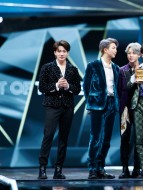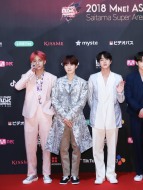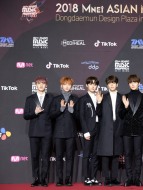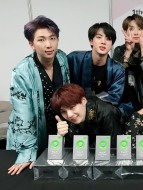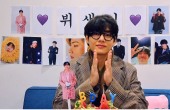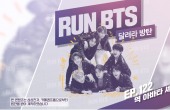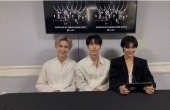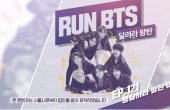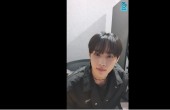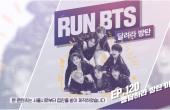Can AI take over the music industry?
By Yoon Min-sik
Ever since Deep Thought became the first program ever to defeat a chess grandmaster in 1988, mankind has been seriously contemplating its supremacy over machines in terms of complex thinking -- not just raw computing power. After AlphaGo trounced go-master Lee Se-dol last year, the consolation prize for humans appeared to be their artistic sense.
But now, as more engineers look to teach artificial intelligence how to be more creative to the extent of writing their own music, that artistic edge is being challenged.
A recent project by the state-run Korea Creative Content Agency and S.M. Entertainment invited six teams of local researchers and start-up firms to use AI in creating music. The use of technology -- such as voice processing tools like auto-tune -- is already common in today’s music business, but the project aims to put the computer in the driver’s seat of the creative process.
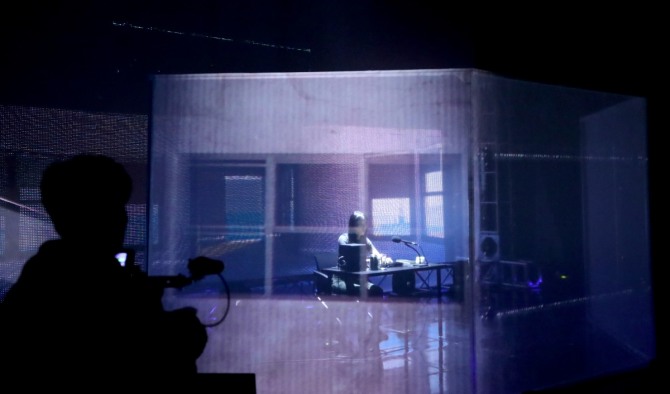 |
| Team “Atmo: Generative Music for Spatial Atmosphere” showcases its works for an AI project organized by Korea Creative Content Agency and S.M. Entertainment on Wednesday in Seoul. (Yonhap) |
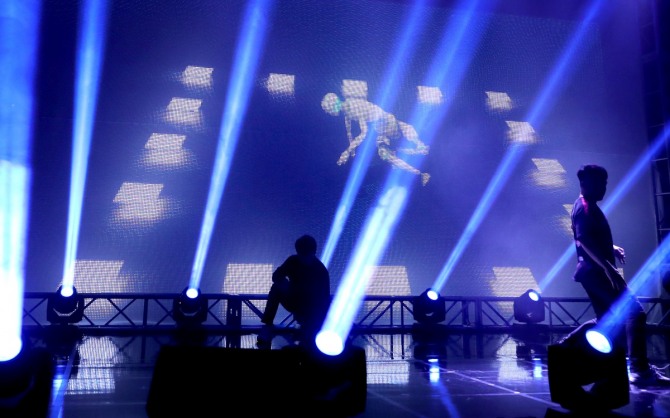 |
| Team “BBOY X AI” showcases its work for an AI project organized by Korea Creative Content Agency and SM Entertainment on Wednesday in Seoul. (Yonhap) |
“AI doesn’t just mimic humans, but it can come up with its own original expressions. This means that the technology can be used as an inspiration for creation, not just for imitation (of art),” said Heo Won-gil, who heads a start-up firm Poza Labs and was part of team “Daydream Intelligence.”
The project by “Daydream Intelligence,” showcased Wednesday in Seoul, taught the computer to associate certain melodies with certain sentiments. Based on the thousands of codes and verses put in by the creators, the AI creates sample melodies and an artist gives feedback with keywords to best describe what he or she felt.
Big data allows the AI to also write lyrics that it recommends to the artist.
“When writing a song, the first couple of verses is usually the hardest. But I was inspired by the loop or lyrics that the AI recommended, allowing me to save time and express a wider range of things,” said Lee Il-woo of fusion experimental rock-gugak band Jambinai, who worked with the team to write lyrics with its AI.
The project “Atmo: Generative Music for Spatial Atmosphere,” had the AI detect the surrounding sounds and create tunes that it feels best suits the environment. For example, the sound of rapid typing was accompanied by fast-paced tunes while the raindrops were accompanied by soothing music.
The AI created by the “BBOY X AI” team made new dance moves based on the data from previous break dances.
The “Play With Error” team created an algorithm for AIs to use when writing a song. A musician edited and arranged the basic melody that its AI create, collaborating for a song that would be passable on iTunes chart.
“One of the questions now is whether or not we should grant copyrights to the artificial intelligence. We are seeing incredibly fast paced transformations, and it is significant that we continue to think about how to mix technology and our artistic sense,” said singer-songwriter Yoon Sang at the event.
The content exhibited Wednesday showed that the AI composers are a far cry from dominating the music scene; the music still needed heavy input from human artists, and the majority of the process was still directed by humans.
But tech firms gathered at the showcase stressed that AI has much to offer in terms of further development.
Ryu Jung-hee, the head of a start-firm Futureplay, said the randomness of AI’s songwriting process presents a vast potential.
“Creating music through AI is not the result of a simple algorithm where the end result is predictable. Even the AI’s creators cannot anticipate what music it will produce,” he said.
Would the machine be considered an artist, a domain previously thought to be exclusively human?
“When people write music, we don’t just pull it out of thin air. We write music based on the existing rules and techniques… Creativity is a result of studying these rules,” said Lee Jung-suk, the head of Buzzmusiq Korea.
He added that the AI can break rules with its new way of thinking, which can challenge and inspire humans.
By Yoon Min-sik (minsikyoon@heraldcorp.com)









